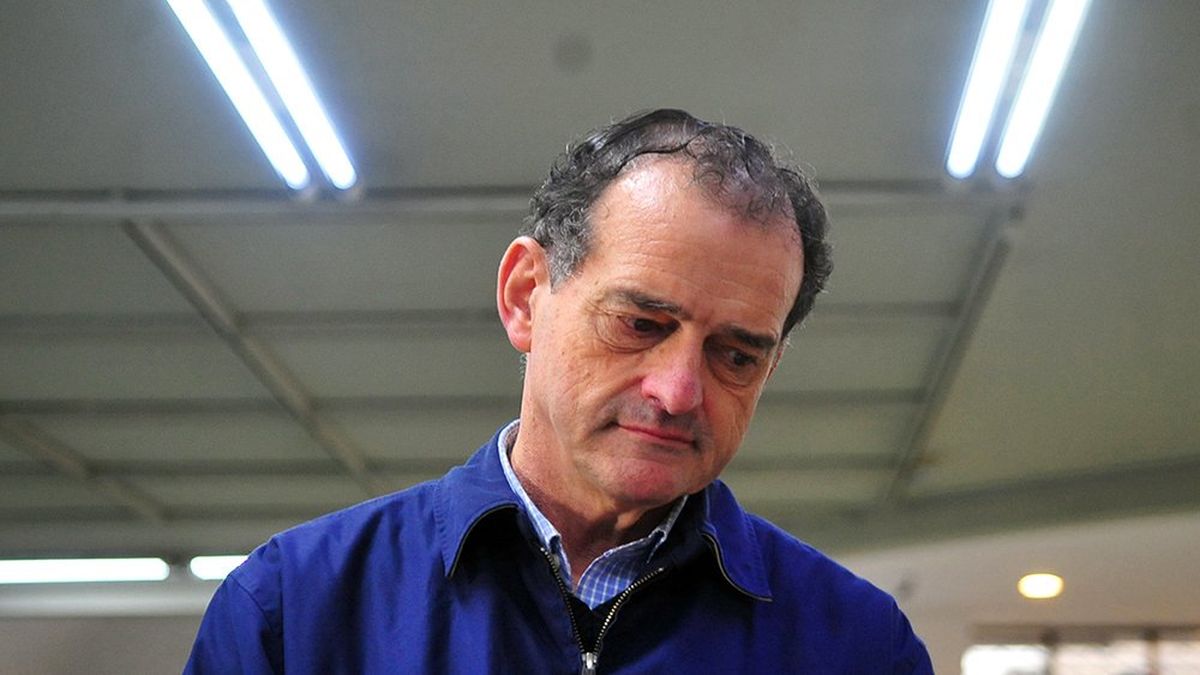The tensions between the different partners of the government coalition are still far from dissipating. The senator and leader of Open Town Hall (CA), Guido Manini Ríoswho is leading the negotiations for the social security reform with the president Luis Lacalle Poustated this afternoon that this discussion “It does not put the government coalition at risk”.
“The social security reform is one more project within the government period. Cabildo Abierto has proposed modifications to have the best possible project. In no way is the government coalition put at risk ”, published Manini Ríos on her social networks. And, in turn, she slipped: “If someone wants to break it, let them say so…”.
https://twitter.com/GuidoManiniRios/status/1644442748856983553
The social security reform is one more project within the period of government. Cabildo Abierto has proposed modifications to have the best possible project. In no way is the government coalition put at risk. If someone wants to break it, say so… pic.twitter.com/kXD6ATxHSr
— Gen. Guido Manini (@GuidoManiniRios) April 7, 2023
The leader of CA stated in recent days that his party is considering two alternatives: either not to vote on the entire reform project presented by the Executive Power –which already has half approval in the Senate– or to “break down” some of its articles to discuss them in more depth in other projects. Many of his modification proposals were rejected by Lacalle Pou last week.
The parliamentary treatment of the file will continue this Monday, when the extension ends –also voted for by the Broad Front– and the special commission of the Chamber of Deputies that discusses the issue meets again.
What was Lacalle Pou’s response to the Cabildo Abierto proposals and what was his counteroffer?
After receiving a series of initiatives from CA and meeting with Manini Ríos at the residence of Suárez and Reyes, Lacalle Pou delivered a counterproposal to the senator.
Initially, CA put as an exclusive condition for its support to reduce the number of years that are considered for the retirement calculation from 25 to fifteen. Once that option was ruled out, due to the contradictions it presents in the project matrix, the space was abbreviated in a 20 year proposal5 less than what was voted in the Senate.
Lacalle Pou responded with a partially favorable position: the initiative could be applied partially and temporarily in the military box and the police box. In this alternative, which CA will analyze in detail these days, starting in 2033, the calculation for those who are part of these savings banks would be based on their best 20 years of contributions. Each year a new year would be added to the calculationuntil reaching the 25 contemplated by the mixed system proposed by Lacalle Pou in 2037.
Another of the objections that weigh the most in Manini Ríos’ party is the empowerment of AFAPs to invest their funds abroad. CA’s concrete proposal is “break down” that article and discuss it in another separate project, something that from the Presidency they completely ruled out.
One point that Lacalle Pou agreed to was the demand of the lobbyists to incorporate a commitment to eliminate the Social Security Assistance Tax (IASS), which is charged to the highest retirements. The suppression will be “gradually, to the extent that the evolution of the economy allows it,” according to the draft.
The government also ratified the consensus to break down the two articles on the Complementary Social Welfare Fund Administrators and the Reverse Mortgage.
However, the President gave a “no” resounding three other requests from CA: the one to improve special bonus for the executive sub-scale of the National Fire Departmentthat of establishing as an “obligation” -and not as a “faculty- of the Executive Branch the military personnel bonus equivalent to that established for executive police personnel, and that of breaking down the creation of regulatory agencywhich for lobbyists requires a deeper analysis.
Source: Ambito




